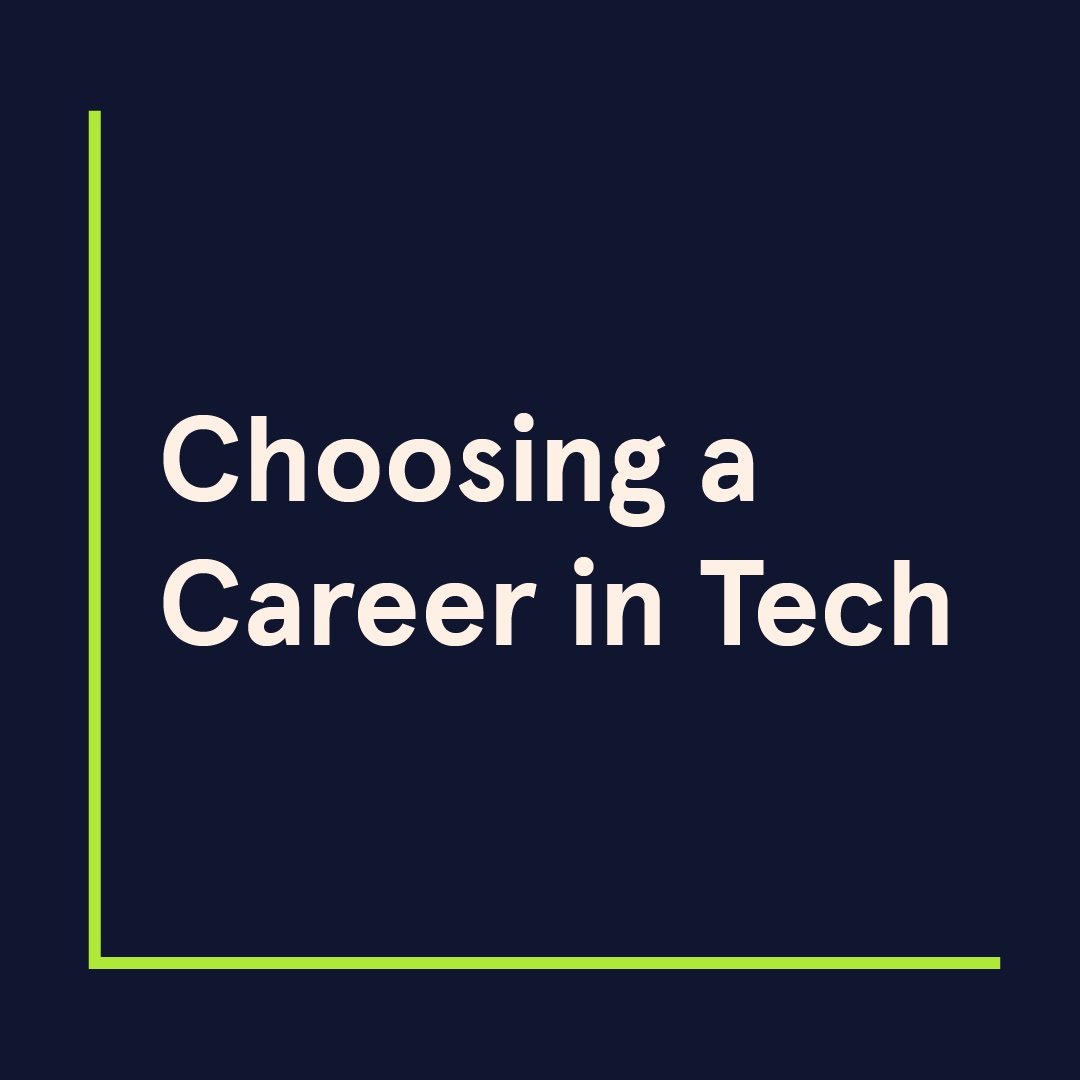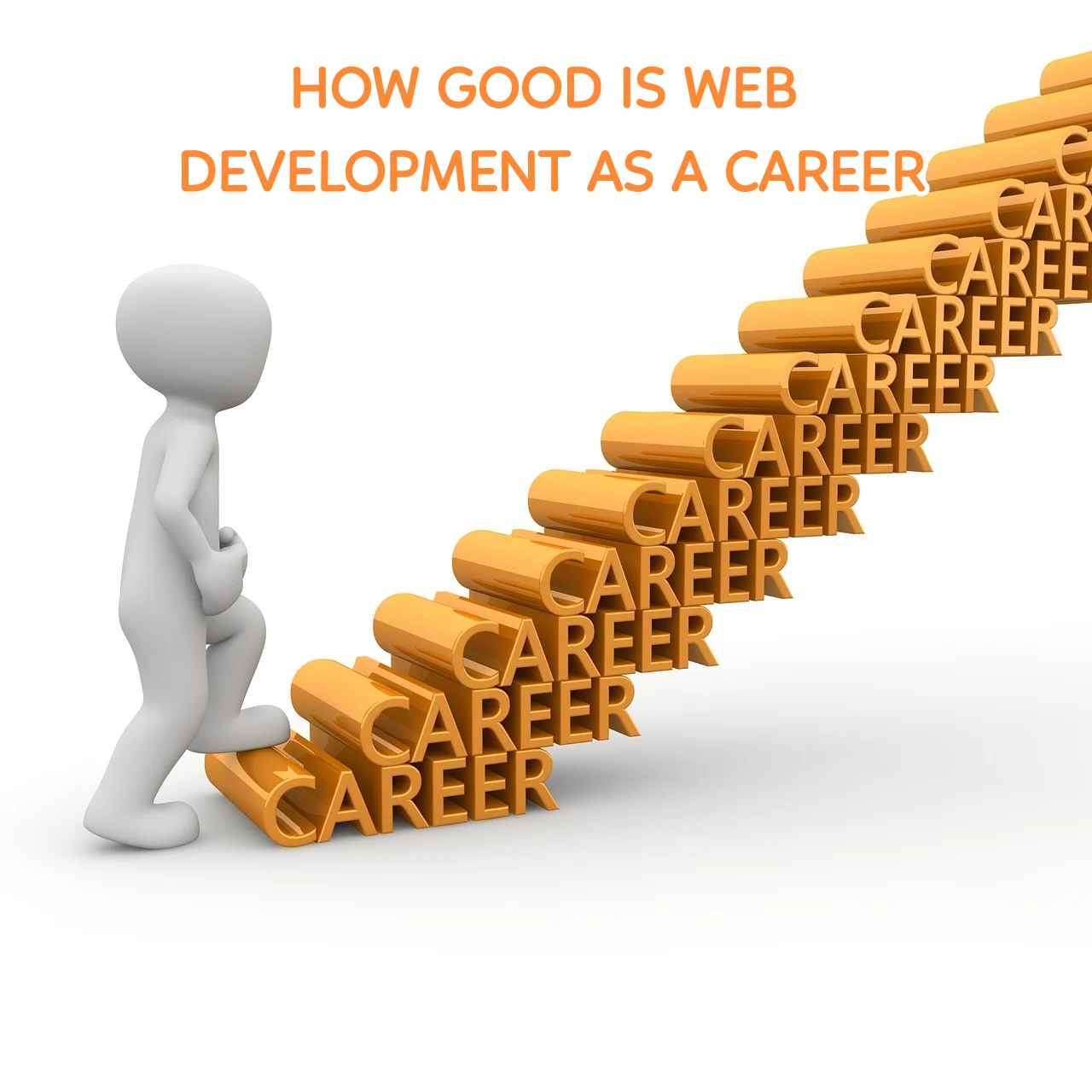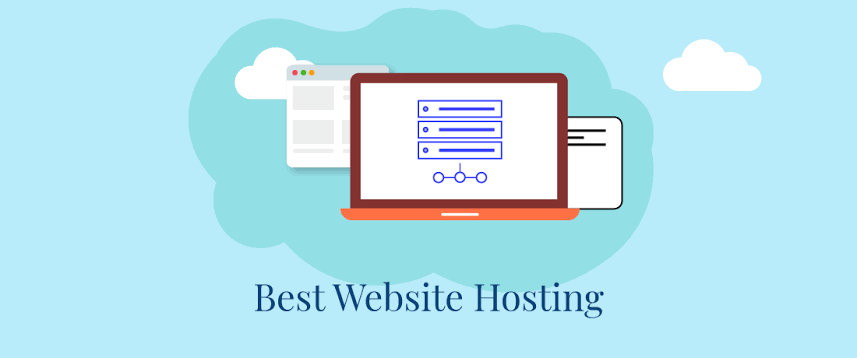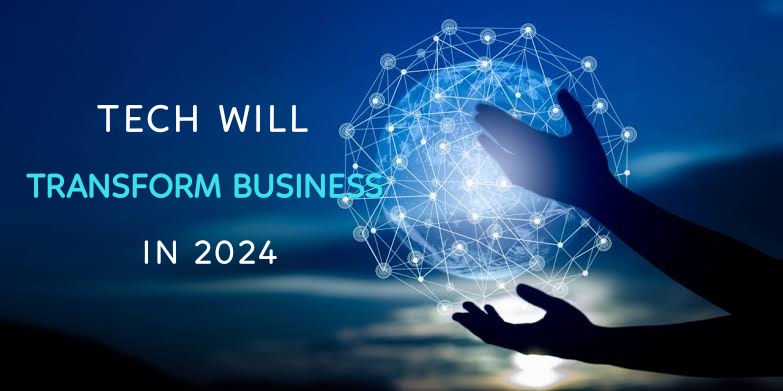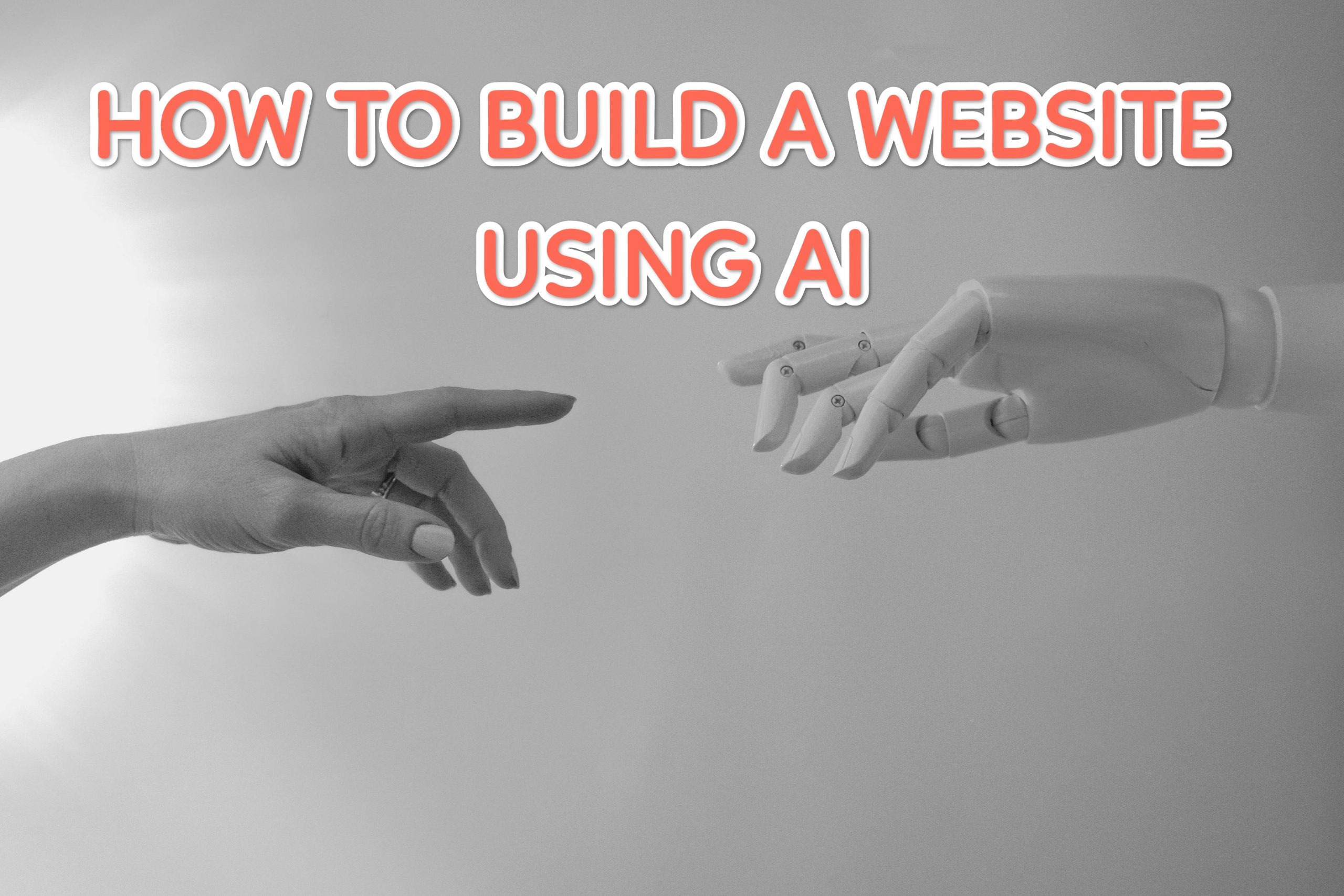Can AI replace your job? If you’ve ever asked yourself that question while watching the news or reading about the latest breakthrough in technology, you’re not alone. With artificial intelligence getting smarter by the day, it’s easy to feel uncertain about your career or even your job security.
Today, I want to talk to you, not at you, but about what’s going on with AI in the workplace. Is it a threat? A helper? Or something in between? If you’re worried that robots or software might one day do your job better or cheaper, then this post will walk you through the facts, the fears, and most importantly, what you can do about it.
Let’s cut to the chase: Yes, AI can replace your job, but not all of them, and not completely.
AI is incredibly good at doing repetitive, rule-based tasks faster and more accurately than humans. That means jobs like data entry, customer support, and certain aspects of accounting are already being automated. But here’s the thing you should understand: AI still lacks the emotional intelligence, creativity, moral judgment, and contextual understanding that humans bring to the table.
So, while AI can replace your job in some industries, it can’t replace you entirely. In fact, in many cases, AI works better when it’s combined with human skills. The real danger isn’t AI itself, it’s ignoring it.
Now, I know that might sound a bit dramatic, but it’s true. Knowing how and where AI is being used means you can adapt before you’re replaced. And if you understand what tasks AI can’t do well, you can start doubling down on the human skills that truly matter.
So, let’s break down the industries and job roles where AI replace your jobs is already a reality and what you can do about it.

Where Can AI Replace Your Jobs Today?
Not every job is at risk, but some industries are feeling the heat more than others. Let’s explore the top sectors being impacted right now.
Customer Service and Support
If you’ve chatted with a bot on a website recently, then you’ve seen how AI can replace your job in customer support. Chatbots can answer questions instantly, 24/7, and never get tired. But they still struggle with emotional issues, complaints, or complex queries. That’s where humans come in. Remember, AI handles the easy stuff; humans handle what matters, which is empathy and resolution.
Transportation and Logistics
Currently, we have self-driving cars and even delivery drones; the transportation industry is being reimagined. In some places, AI-powered trucks are already being tested to replace long-haul drivers. So yes, AI can replace your job in this field, but it also creates new ones, like drone operators, fleet managers, and AI safety monitors.
Data Entry and Administrative Work
These roles are often the first to go when companies adopt AI. Why? Software can scan documents, extract information, and enter data into systems in seconds. If you’re an admin, AI can replace your job, but you can stay ahead by learning tools like Excel automation, CRM software, or even project coordination skills.
Manufacturing and Warehousing
AI-powered robots are already assembling cars, packing products, and managing inventory. They work 24/7 without breaks, making them incredibly efficient. Still, humans are needed for troubleshooting, maintenance, innovation, and safety oversight.
Content Writing and Marketing
Yes, even writing! Tools like ChatGPT can create emails, blog posts, and captions in seconds. But here’s the thing: AI can replace your jobs in basic writing tasks, not storytelling, persuasion, or emotional connection.
You see that human spark? AI doesn’t have it. You do.
Steps to Staying Relevant
Now that we’ve identified the industries at risk, what can you do to protect your future?
Upskill in Human-Centred Abilities
Focus on uniquely human skills, like creativity, critical thinking, negotiation, and leadership. These are much harder for AI to replicate.
Learn to Work With AI, Not Against It
Instead of ignoring AI, learn how to use it. It could be an AI design tool, automation software, or a chatbot builder. Just ensure you get comfortable using the tools of the future. When you understand how they work, you become a valuable asset, not a replaceable worker.
Focus on Emotional Intelligence
Jobs like therapy, teaching, caregiving, or counselling rely on trust and empathy. AI can replace your jobs only when those roles are reduced to tasks, not relationships. Deep human connection will always be in demand.
Keep Learning
Technology changes fast. So, if you stay informed, you can pivot early and stay competitive. Take short online courses, read industry news, or join communities where people are talking about the future of work.
Conclusion
Can AI Replace Your Jobs? Yes, unless You Evolve
Let’s be truthful, AI can replace your job if you stay in one spot and hope things never change. But that’s not you. You’re reading this, which means you’re already ahead of the curve.
Instead of fearing AI, see it as a wake-up call. Automate what you can, but develop your human edge. Creativity, empathy, ethics, and critical thinking can’t be downloaded or coded. The future belongs to those who adapt, not those who resist.
So, the next time someone asks, “Can AI replace your job?” you can say, “Only if you let it.”
Benson is a Senior Digital Strategist at Albanny Technologies with over 5 years of experience in high-end web development and technical SEO. Specializing in helping Nigerian businesses scale their digital footprint, he translates complex technology into actionable growth strategies. When he’s not auditing site performance, he’s mentoring the next generation of tech talent in West Africa

